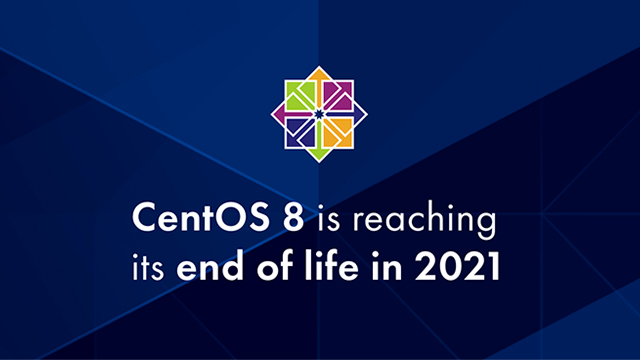CentOS was not just any other Linux distribution but was the preferred OS of choice for many enterprises to run their production machines. With CentOS coming to its end of life on December 31st, 2021, the question that most IT admins seek an answer for is what are the alternatives now.
It’s been a year since the support for CentOS was discontinued. All the users of CentOS are in a dilemma about which Linux-based robust OS they should now switch to. One of the open source giants RedHat is going to stop the support for CentOS 8 by December 2021. The zero-day support will extend till 31st January 2022. Though the support for CentOS 7 will indeed continue till 30th June 2024, if you want to run the latest operating system with all the latest updates then CentOS 7 is kind of outdated.
Do not confuse CentOS to CentOS Stream
CentOS has always released a stable version periodically. That’s one of the reasons for using it on the production machines. However, CentOS Stream is a rolling release version that is maintained by Redhat. While some may disagree — the rolling release Linux distribution is not recommended for the production environment. A rolling release means the updates are continuously pushed as and when they are released by the individual or the organization responsible for it. This at times, may lead to system crashes or the systems’ unnatural behaviour.
Earlier CentOS was to be considered upstream of RHEL, which made CentOS more stable. When there were any changes made to the RHEL OS, the corresponding changes would automatically reflect in the next CentOS release. But this will not be the case with CentOS Stream. CentOS stream will be more sort of a development release of RHEL, one may say.
What are the alternatives?
Enterprises can consider Rocky Linux as an alternative to CentOS. When RedHat announced the termination of CentOS development, Greg Kurtzer, CentOS founder, started a fork project as a successor to CentOS and called it Rocky Linux. It was named ‘Rocky’ to honor the co-founder of CentOS — Rock McGough. Rocky Linux is a free open source and community-based operating system, which is primarily focused on production machines in enterprises.
One other distribution apart from Rocky Linux is AlmaLinux. It is considered as a clone of RedHat Linux i.e. RHEL. This distribution consists of most of the RHEL features but without any support. The AlmaLinux Foundation, which is a non-profit organization, is responsible for maintaining and updating AlmaLinux. There is also a migration tool provided by AlmaLinux that allows enterprises to migrate easily onto their platform.
And, of course, if you need plug and play easy to use, out-of-the-box configured kind of OS, Redhat is always there. Prices of RHEL start from USD 99 for the RHEL Developer Suite as per their website store. More about pricing can be found at the following link https://www.redhat.com/en/



